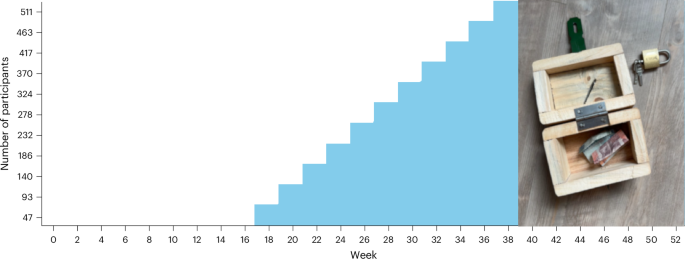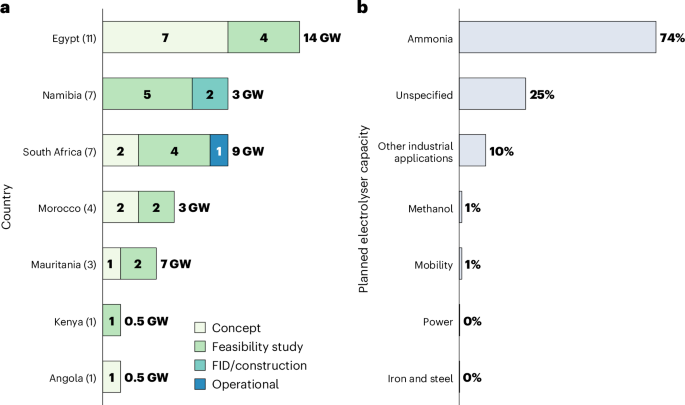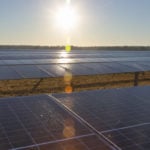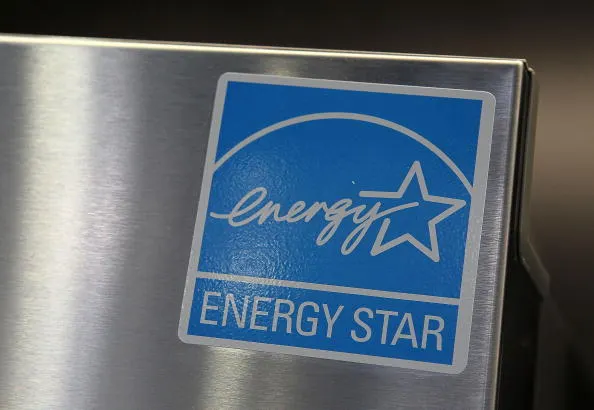Synergistic Interface Modification and Crystal Growth Regulation via a Fluorinated Sulfonate Multifunctional Buried Additive for High‐Efficiency CsPbI3 Perovskite Solar Cells Exceeding 21%
Advanced Energy Materials, EarlyView.

Interfacial defects at the perovskite/ETL interface and poor crystallization processes limit CsPbI3 perovskite solar cells' performance. A pentafluoroaniline trifluoromethane sulfonate (PFAT)-PbI2 hybrid solution is deposited on the surface of TiO2 ETL. This modification effectively passivates defects in both the TiO2 and perovskite layers, while enhancing CsPbI3 crystallinity. The optimized device achieves a power conversion efficiency (PCE) of 21.36%.
Abstract
All inorganic CsPbI3 perovskites have attracted significant attention due to their excellent thermal stability and ideal bandgap characteristics. However, interfacial defects at the perovskite/electron transport layer (ETL) interface and uncontrolled crystallization processes of the perovskite remain critical bottlenecks for advancing device performance. Herein, a multifunctional buried interface-modifying additive, pentafluoroaniline trifluoromethane sulfonate (PFAT), is employed. Analytical results confirm that PFAT can effectively anchor at the TiO2/perovskite interface while passivating defects in both layers, thereby suppressing interfacial recombination losses. Furthermore, this modification can reduce the surface energy of the CsPbI3 crystal plane, promoting perovskite crystallization and yielding films with enhanced crystallinity. To strengthen PFAT-perovskite interactions, a PFAT-PbI2 hybrid solution (PFATLI) is synthesized for interfacial modification. Consequently, the optimized PFATLI-modified device achieved a power conversion efficiency (PCE) of 21.36%, an open-circuit voltage (V OC) of 1.23 V, and a fill factor (FF) of 83.44%. For the larger-area devices with an active area of 1 cm2, the PCE reached 17.41%, while under the weak illumination conditions, the PCE further increased to 41.27%. After 800 h of storage in an ambient environment with 5% relative humidity (RH) at room temperature (RT), the unencapsulated device retained 87.27% of its initial efficiency.




















































































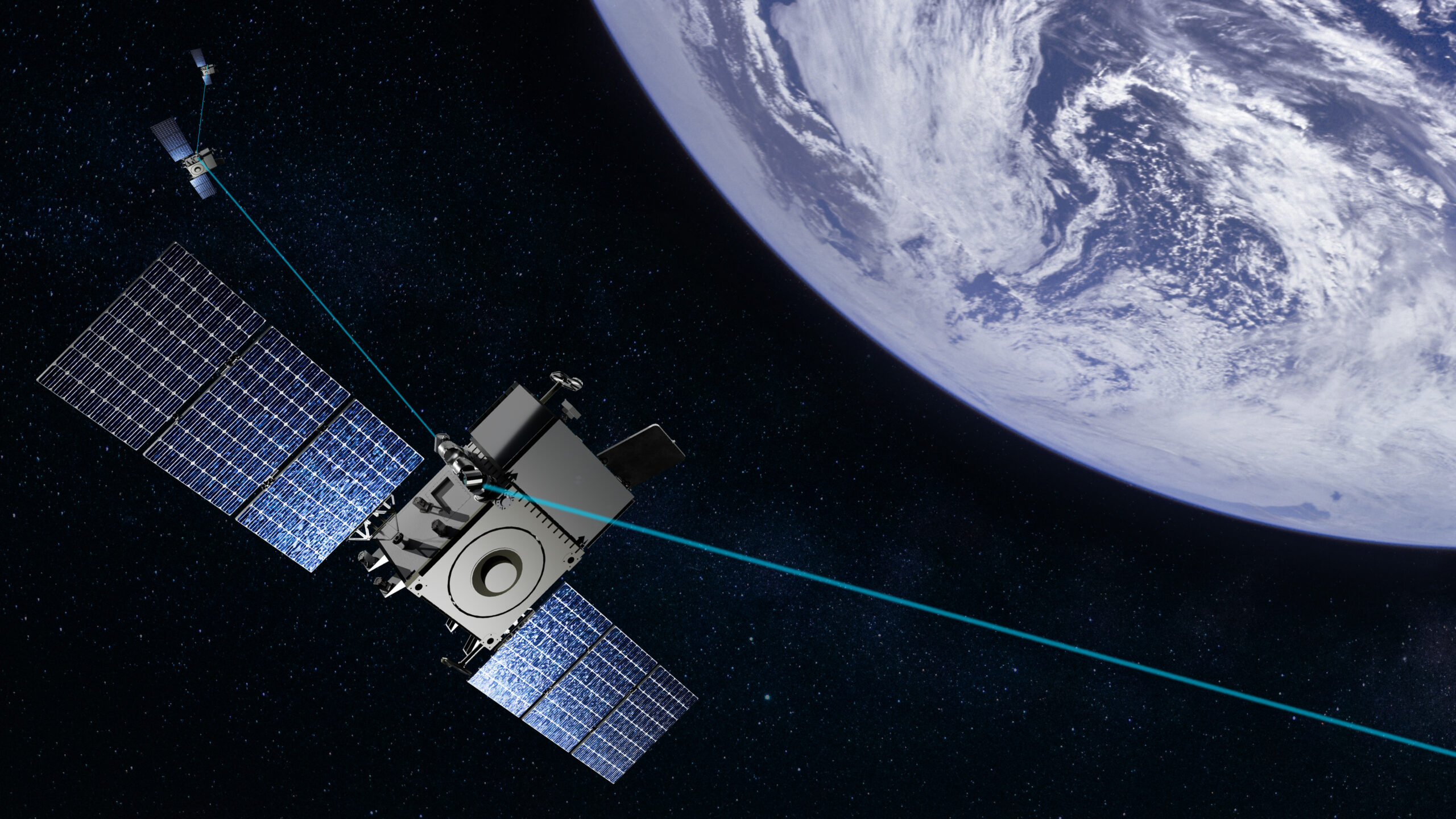
![[Video] The Weekly Break Out Ep. 20: Pacific policy in Singapore and the UK’s new defense plan](https://breakingdefense.com/wp-content/uploads/sites/3/2025/06/Break-Out-ep-20-thumb-Play-Button.jpg?#)





































